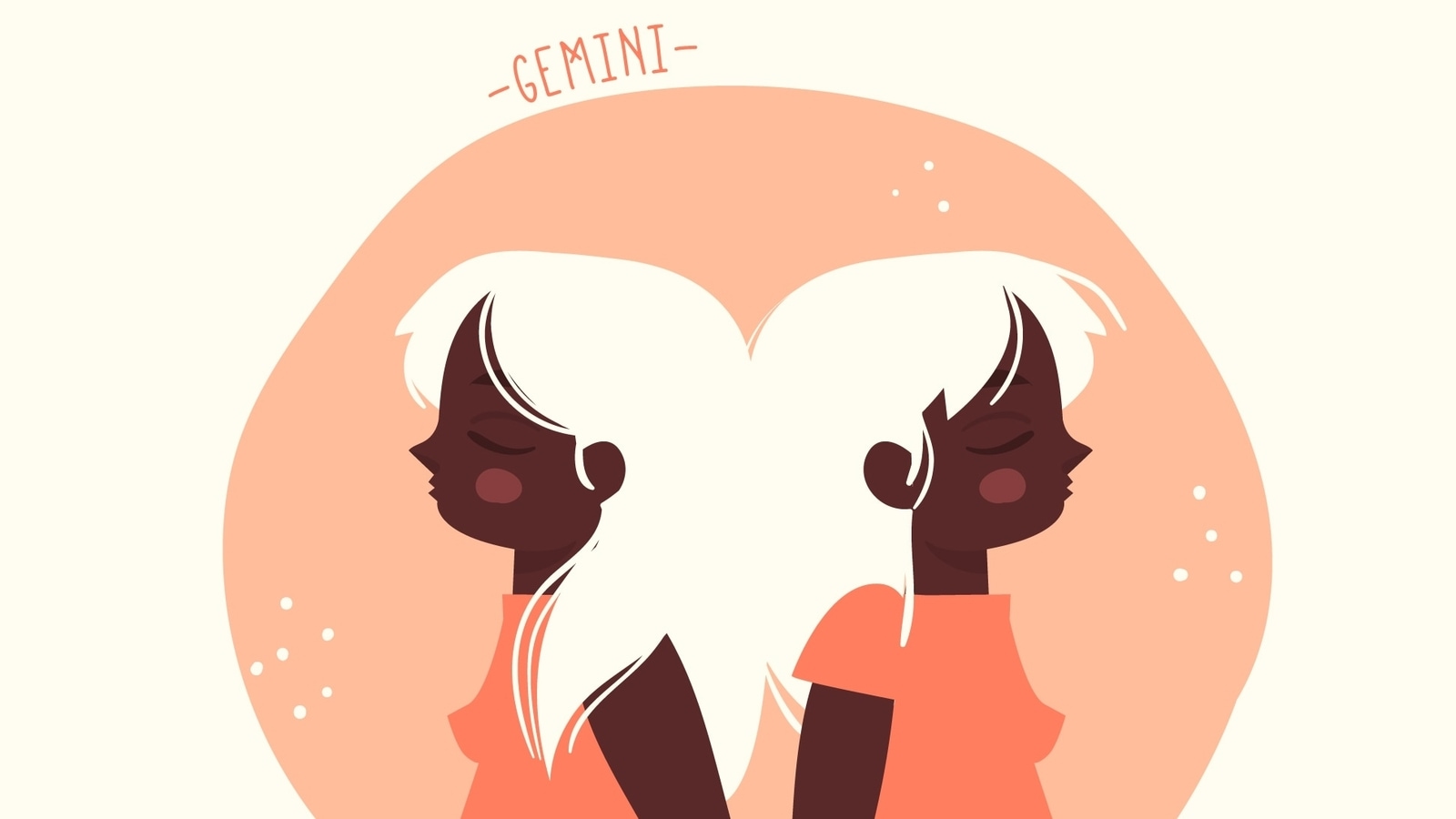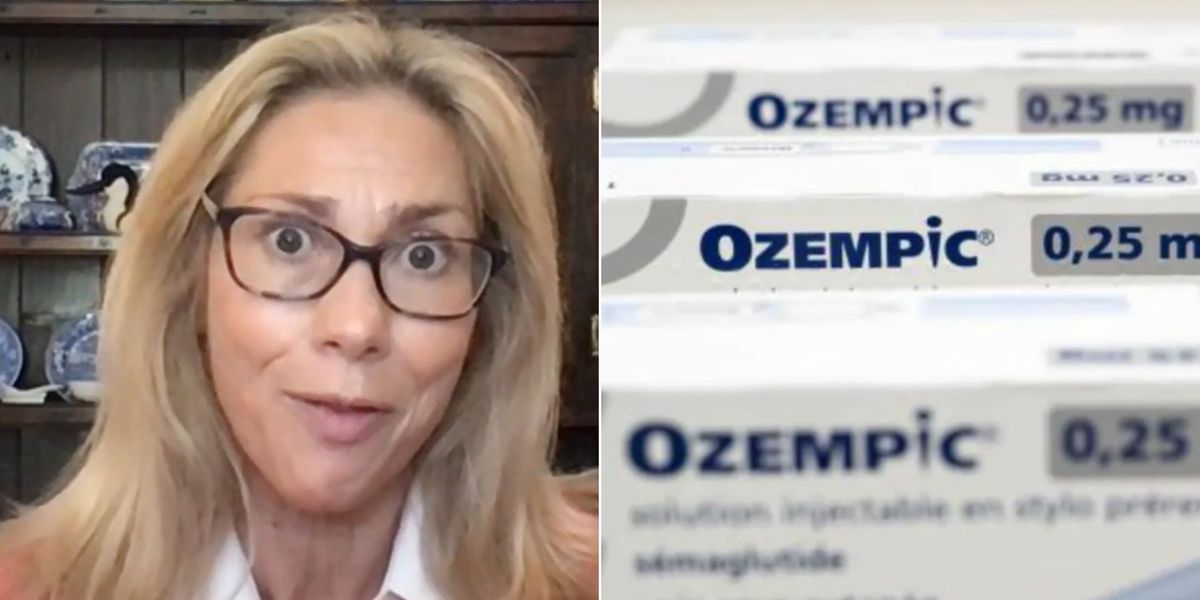
A trans activist scheduled to appear on a controversial World Health Organisation (WHO) transgender health meeting has pulled out of the event, citing scheduling conflicts.Florence Ashley is a Canadian assistant law professor at the University of Alberta who specialises in trans issues including puberty blockers and ‘conversion therapy’.Ashley, who uses they/them pronouns, was due to appear on a WHO guideline development group (GDG) on trans issues, but informed the organisation that they “would be unable to participate due to a conflict in schedules”.The GDG, which includes lawyers, activists, and doctors, has been established by the WHO to develop “a guideline on the health of trans and gender diverse people” and aims to address the challenges that trans people face when accessing health services.The group is set to meet this February in Geneva at WHO HQUnited States Mission Geneva/Creative CommonsThe group is set to meet this February in Geneva at the headquarters of the WHO, which recently pushed back a deadline for public comment submissions after receiving “a wide-ranging set of feedback”.In December, the LGBT Courage Coalition, a campaign group led by Jamie Reed, put forward a petition to stop the February GDG meeting which has since received over 11,000 signatures.Reed, a whistleblower on a trans clinic at a children’s hospital in the US, celebrated Ashley’s removal from the group on social media and urged the WHO to “go back to the drawing board”.Ashley had previously told media reporting on their ‘be gay, do crimes’ tattoo following their appointment to the GDG to “cry about it, b***h”, and has co-written an article advocating for puberty blockers for children.LATEST DEVELOPMENTS:Ashley had previously told media reporting on their ‘be gay, do crimes’ tattoo to “cry about it, b***h”TikTok/Florence AshleyPlease write at least 2 paragraphsIn the article, Ashley said: “A common fear is that social transitioning and puberty blockers will make children more likely to grow up trans; that may be true, but why would that be a bad thing unless we believe that it is bad to be trans?”The WHO had previously been criticised for a lack of trained medical professionals in the CDG, only eight of whom are doctors.Reem Alsalem, a human rights advocate and specialist advisor to the UN on violence against women and girls, said most committee members had “strong, one-sided views in favour of promoting hormonal gender transition”.Alsalem said “not one” of the 21 group members “appears to represent a voice of caution for medicalising youth with gender dysphoria or the protection of female-only spaces”.Ashley’s withdrawal from the group was celebrated by Leor Sapir, a fellow at the conservative Manhattan Institute think tank, who said: “This is a good first step; WHO was probably eager to ditch a figure that could cause embarrassment.“One gets the sense this was a symbolic sacrifice at best.”Speaking on social media, Ashley acknowledged the “political pressure” on their position and defended their position as “a leading expert in the field” before switching their account to private mode.The WHO clarified they would not make recommendations for children due to “limited and variable” evidence on long-term results.
https://www.gbnews.com/news/trans-activist-who-health-panel-views




